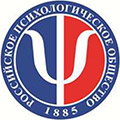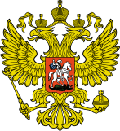The Role of Reflexivity in the Development of Personality in the Elderly
DOI:
https://doi.org/10.15826/Lurian.2021.2.3.8Abstract
This study is devoted to clarifying the relationship between types of reflection and the status of ego-identity, corresponding to dynamic changes in ego in normative crises of late age. Understanding the specifics of reflexivity will clarify the strategies of individual and group psychological support for older people. Successful aging depends on the awareness and acceptance of the challenges of age development. The identity achievement status as a result of the regulatory crisis is an indicator of the maturity of the individual at this age stage and indicates the ego-integration of the individual. The reflection parameters are compared in groups of respondents with different identity statuses. Identity statuses characterize a certain phase of a normative crisis as a transition from one stage to the next. A discriminant analysis of the main indicators of personality maturity and different types of reflection was carried out. The indicator of deadlock reflection is most characteristic of older people with a foreclosure identity. The reflection indicator of future activities is most pronounced among respondents characterized by a moratorium of identity and among respondents with a foreclosure status of identity. These statuses correspond to the first phase of the crisis and the critical phase, respectively. The indicators of general reflexive activity, retrospective reflection, reflection of current activity, perspective reflection, auto-reflection, deadlock reflection statistically reliably distinguish groups of respondents with a moratorium of identity and respondents with achieved status of identity. Reflective activity is most characteristic of respondents with a moratorium on identity, which indicates the presence of an acute phase of the crisis.





